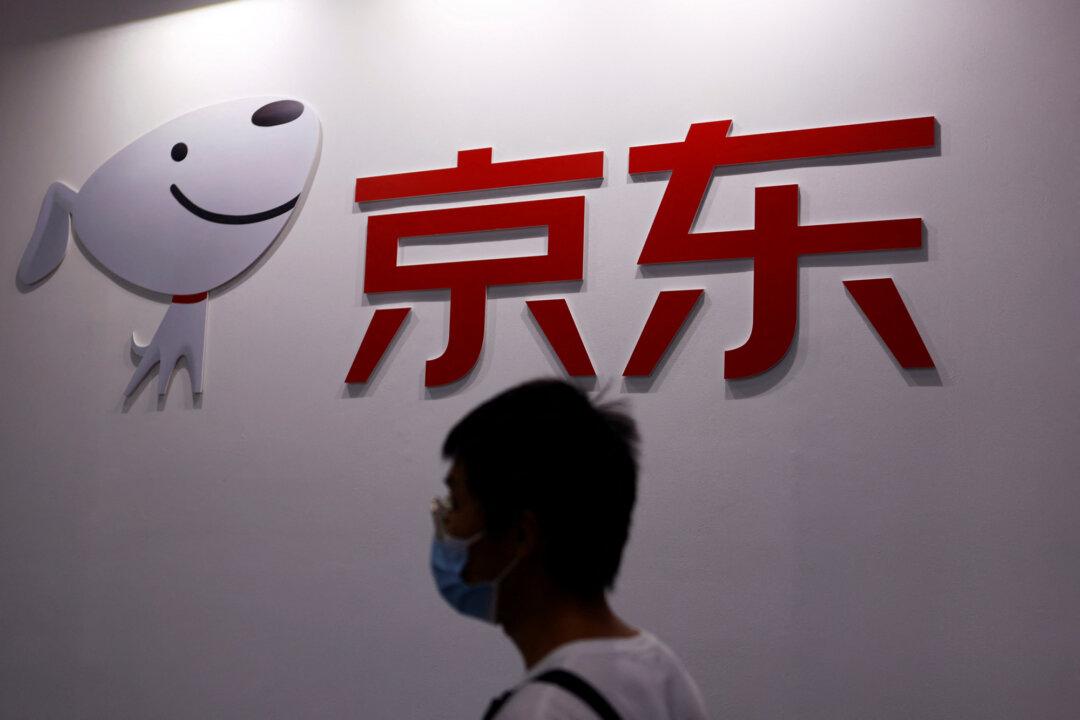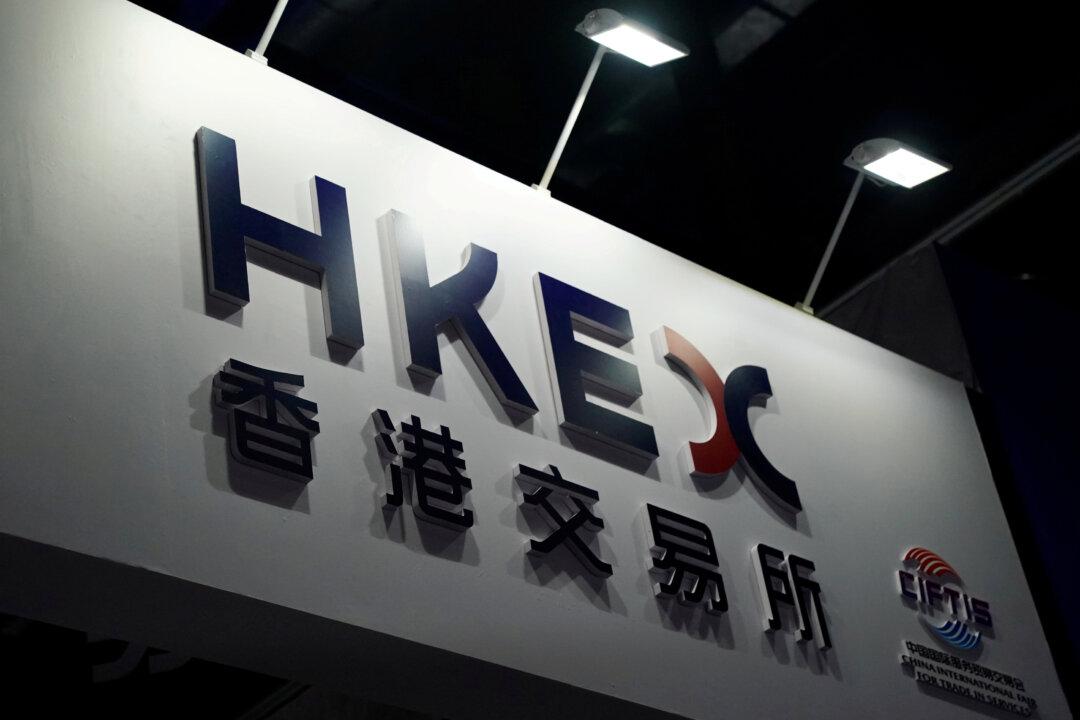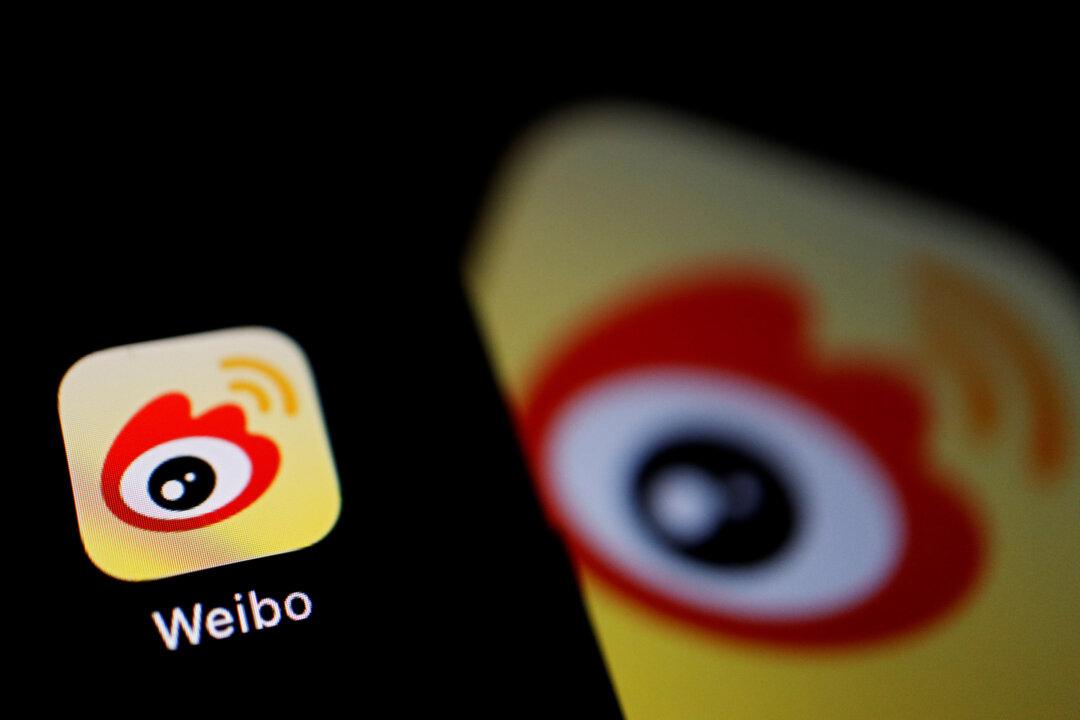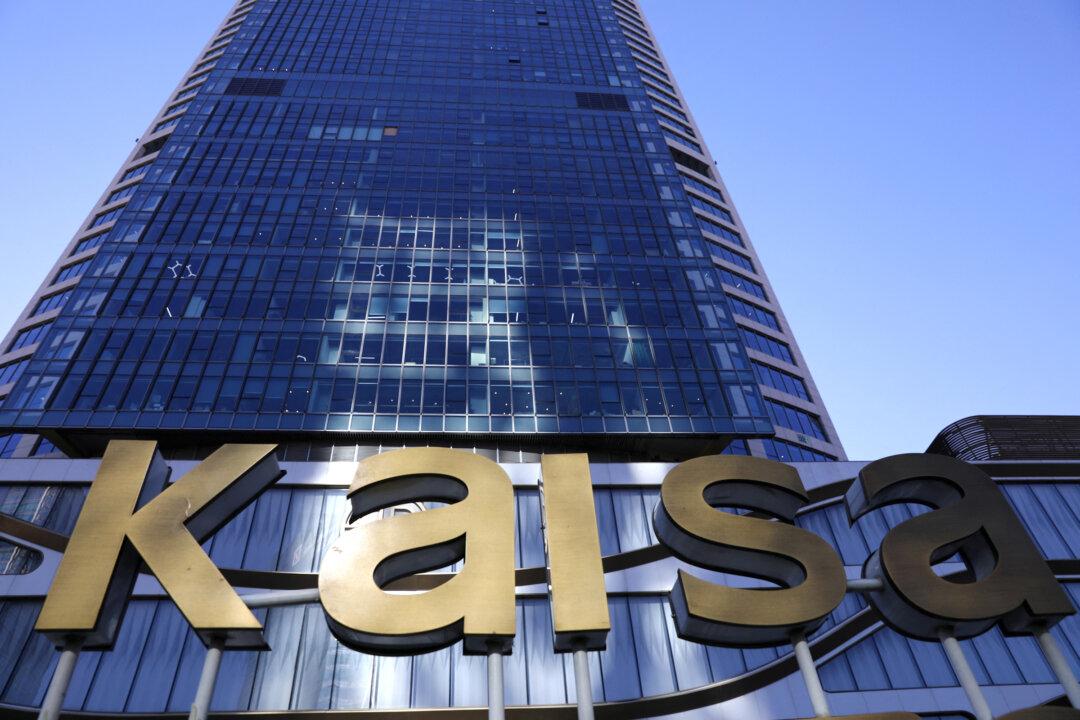The founder of one of China’s richest e-commerce businesses will donate $2.3 billion in shares of his flagship JD.com company to ‘charity’.
JD.com “has been notified by Mr. Richard Qiangdong Liu, the chairman of the board of directors and chief executive officer of the company, that he will donate 62,376,643 Class B ordinary shares of the company to a third-party foundation for charitable purposes,” said the filing on Wednesday, without specifying the third-party foundation that would receive the donation.




